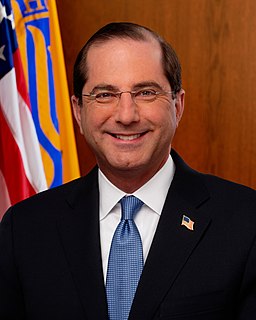A Quote by George Santayana
Parents lend children their experience and a vicarious memory; children endow their parents with a vicarious immortality.
Quote Topics
Related Quotes
It would be hard to conceive a system of instincts more nicely adjusted, where the constituents should represent or support one another better. The husband has an interest in protecting the wife, she in serving the husband. The weaker gains in authority and safety, the wilder and more unconcerned finds a help-mate at home to take thought of his daily necessities. Parents lend children their experience and a vicarious memory; children endow their parents with a vicarious immortality.
You must learn to look at people who are angry with you straight in the eye without getting angry back. When children see their parents treating them this way, they then recognize the parents' authority. It speaks louder than words. Their new respect for the parents is as good for them as it is for the parents. It never works to demand respect of children. It must be given willingly as a result of strength of good character in the parents, which is manifested by their non-reaction to stress in the children.
Modern children were considerably less innocent than parents and the larger society supposed, and postmodern children are less competent than their parents and the society as a whole would like to believe. . . . The perception of childhood competence has shifted much of the responsibility for child protection and security from parents and society to children themselves.
Children grow rapidly, forget the centuries-long embrace from their parents, which to them lasted but seconds. Children become adults, live far from their parents, live their own houses, learn ways of their own, suffer pain, grow old. Children curse their parents for their wrinkled skin and hoarse voices. Those now old children also want to stop time, but at another time. They want to freeze their own children at the center of time.






































